Honouring Whitby's first female skipper Dora Walker who went to sea with a pistol on her hip and an Army issue tin hat
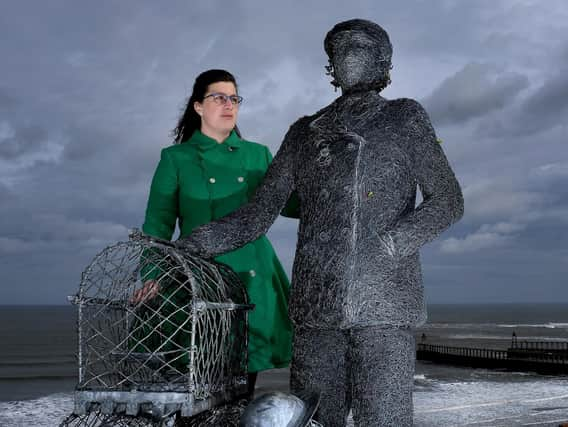

She was the first woman to fly as a passenger on a plane, and 11th in Britain to drive a car. When her brothers went to war, she followed to the frontline.
And when she was told she needed sea air, she defied tradition to become the North East's first female skipper, sailing the seas with a pistol on her hip and an Army issue tin hat.
Advertisement
Hide AdAdvertisement
Hide AdMore than three decades after her death, Whitby Civic Society is to remember skipper Dora Walker, author and museum curator, with a blue plaque to honour her remarkable feats.
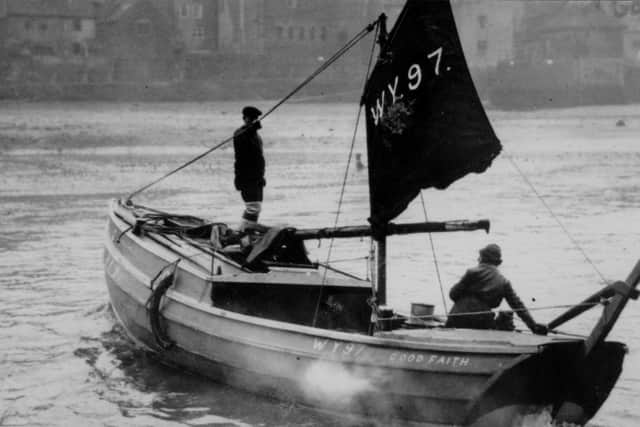

Here was someone who wouldn't be told a 'woman's place' , said the shipping curator at Whitby Museum, Dennis Buck, and for that she should be admired.
"The more we delve into Dora Walker's life, the more remarkable she seems," said Mr Buck.
"There's this image of her fishing, pistol on her hip, throwing lobster pots. And then there's this image of this beautifully dressed lady, for she was a lady. She was both.
Advertisement
Hide AdAdvertisement
Hide Ad"She achieved so much, for Whitby and the war. It's fitting now, that she is known."
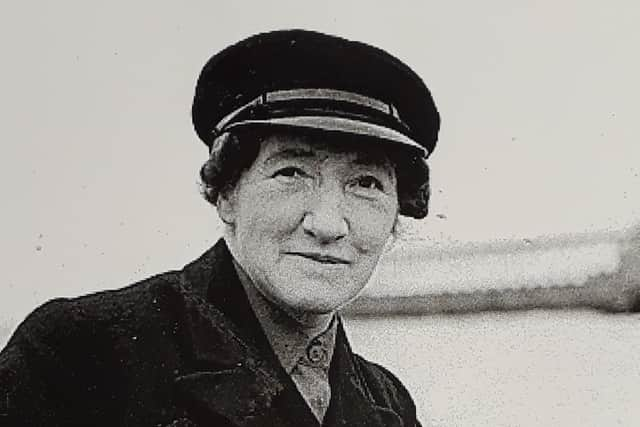

Born in 1890, the 10th child and fifth daughter born to a textile family in Mirfield, Miss Walker became a Sunday School teacher, joining up as a nurse when Britain went to war.
Not content with serving in London, she found her way to a military hospital on Belgium's frontline. On the day the Armistice was signed, she defied rules to dance with the troops.
"She was very determined to do her bit," reflected Mr Buck. "I do get the feeling that all through her life she was a very determined lady.
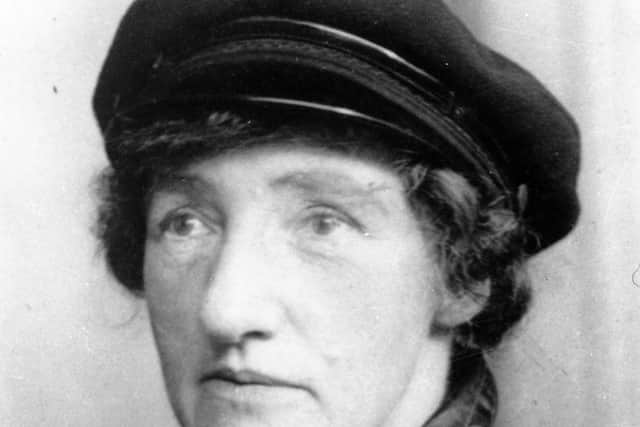

Advertisement
Hide AdAdvertisement
Hide Ad"I think she couldn't be 'kept', she couldn't be tamed or told what to do."
Life at sea
In the 1930s, and following a world tour, Miss Walker's health had begun to fade, and on a doctor's orders for sea air she had moved to Whitby where she had holidayed as a child.
So was to begin her life on the seas, serving an apprenticeship as a 'fisherman's boy' and skippering her own coble the Good Faith, with Laurie Murfield second in command.
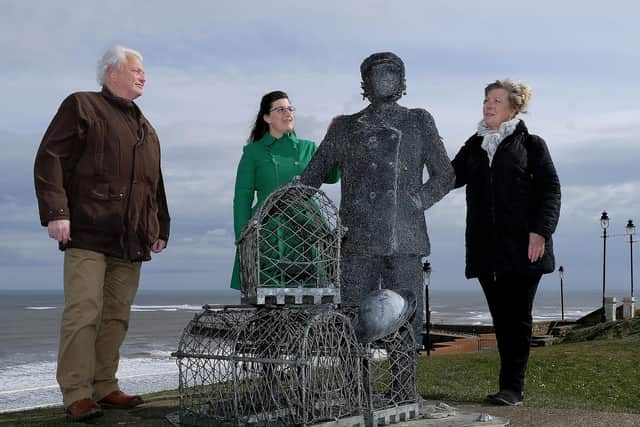

"Of course at that time, a woman wanting to join the crew was unheard of, never mind skipping one," said Mr Buck. "She was accepted.
Advertisement
Hide AdAdvertisement
Hide Ad"She quickly proved to the old sceptics in Whitby how much of a skipper she was. She was willing to muck in to get the job done.
"She took to sea in wartime with a pinch of salt," he added. "She had a tin helmet issued, and a pistol as defence from attack, but went to sea with her helmet resting on the crab pots, and the pistol strapped on with a leather holster to her waist."
Independence
One tale tells of Miss Walker's determination to join skippers readied to assist at Dunkirk, and her disappointment at being told she was needed to 'fish in our stead'.
Another tells of how, as the price of fish plummeted following the war years, she had secretly convinced her father to buy at a loss, staving off hardship for fishing families and bouying Whitby through a crisis.
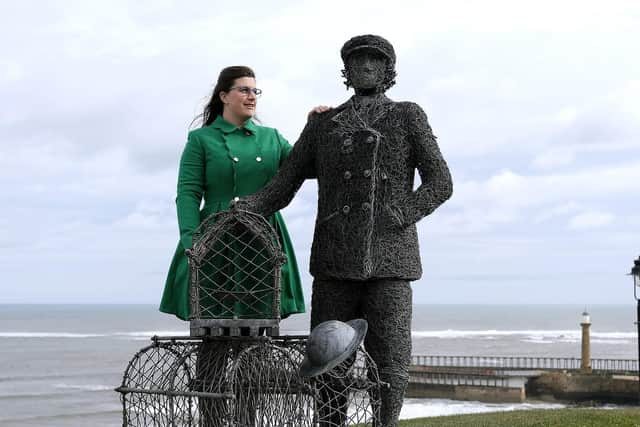

Advertisement
Hide AdAdvertisement
Hide AdIn 1950, aged in her 60s, Miss Walker retired from the seas, later becoming the shipping curator for Whitby Museum and authoring three books on the town's fishing folk and her days as a nurse. She died aged 90 in 1980, with her ashes carried out to sea.
Recognition
Over recent years her contribution has become more recognised, with a statue by Emma Stothard on the town's West Cliff as part of Whitby's Walking with Heritage Trail.
Now Whitby Civic Society is to honour her with a blue plaque at No36 The Cragg, where she once lived.
This symbol is to celebrate people who made a difference to the town, and the society, seeking to broaden its reach with new members, is also keen to honour more women.
Advertisement
Hide AdAdvertisement
Hide AdZoe Taylor, Miss Walker's great niece, said she is proud to have links to such a "heroine".
"The stories of Miss Walker are a daily source of inspiration to me, especially when looking out to sea; whether painting or walking the dogs," reflected Ms Taylor.
"Her actions were so courageous and fuelled by kindness and selflessness.
"Covid has reminded us as a nation that we must come together to help one another and as such has made Miss Walker’s actions even more remarkable."
Fitting tribute
Advertisement
Hide AdAdvertisement
Hide AdFor Mr Buck, it is a fitting tribute to a woman who made her mark and gave so much to Whitby.
"She was the first woman to captain a skipper boat in the North East, and I'm willing to bet the first woman in Britain," he said.
"For a lady, and when you look at the photographs she really was a lady, to have achieved that she did is just astounding."
________________________________________________________________________________________
Advertisement
Hide AdAdvertisement
Hide AdSupport The Yorkshire Post and become a subscriber today. Your subscription will help us to continue to bring quality news to the people of Yorkshire. In return, you'll see fewer ads on site, get free access to our app and receive exclusive members-only offers. Click here to subscribe.
